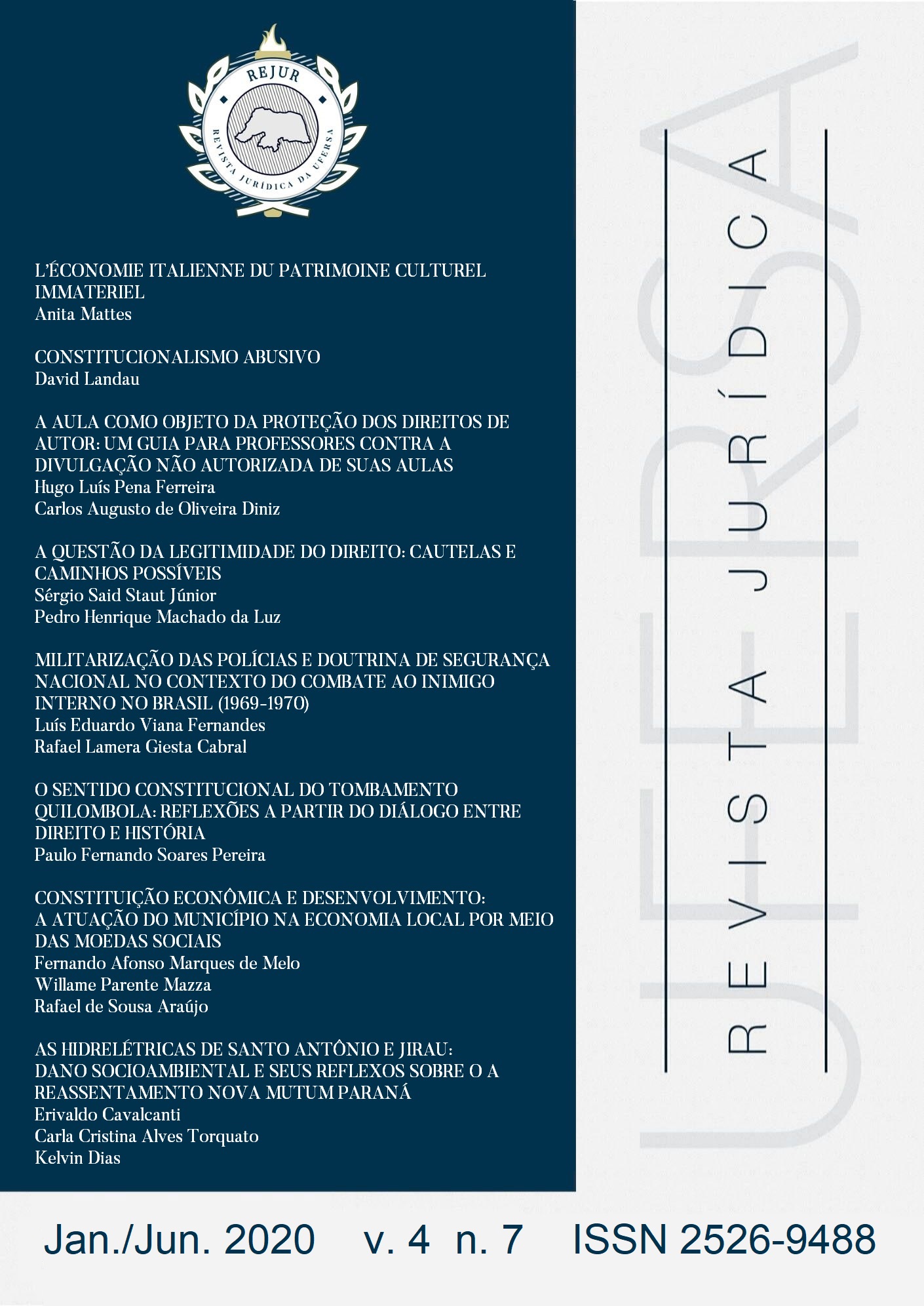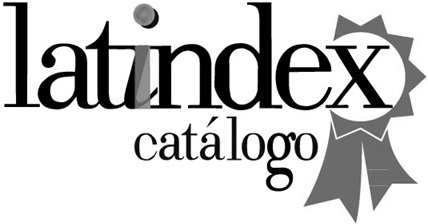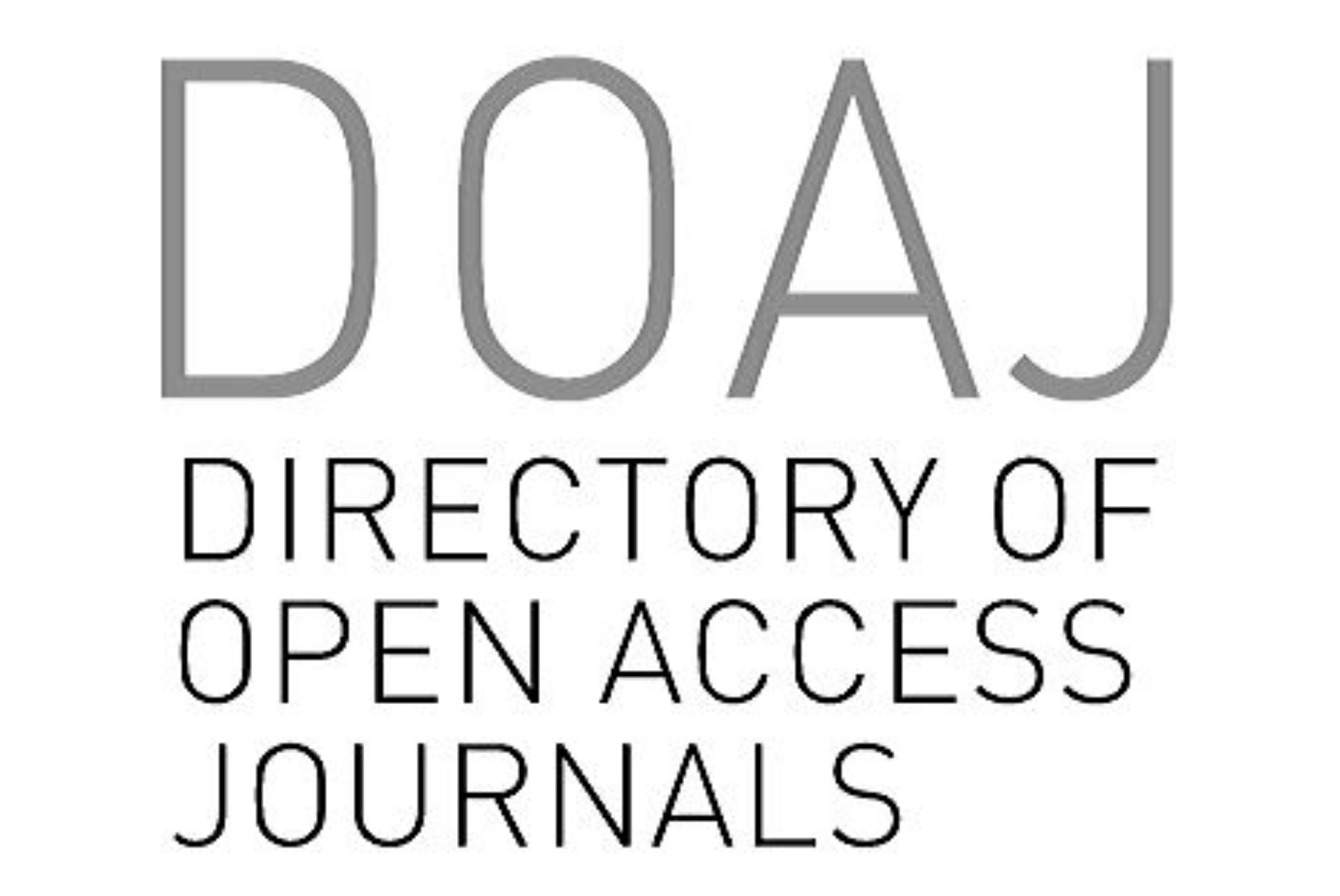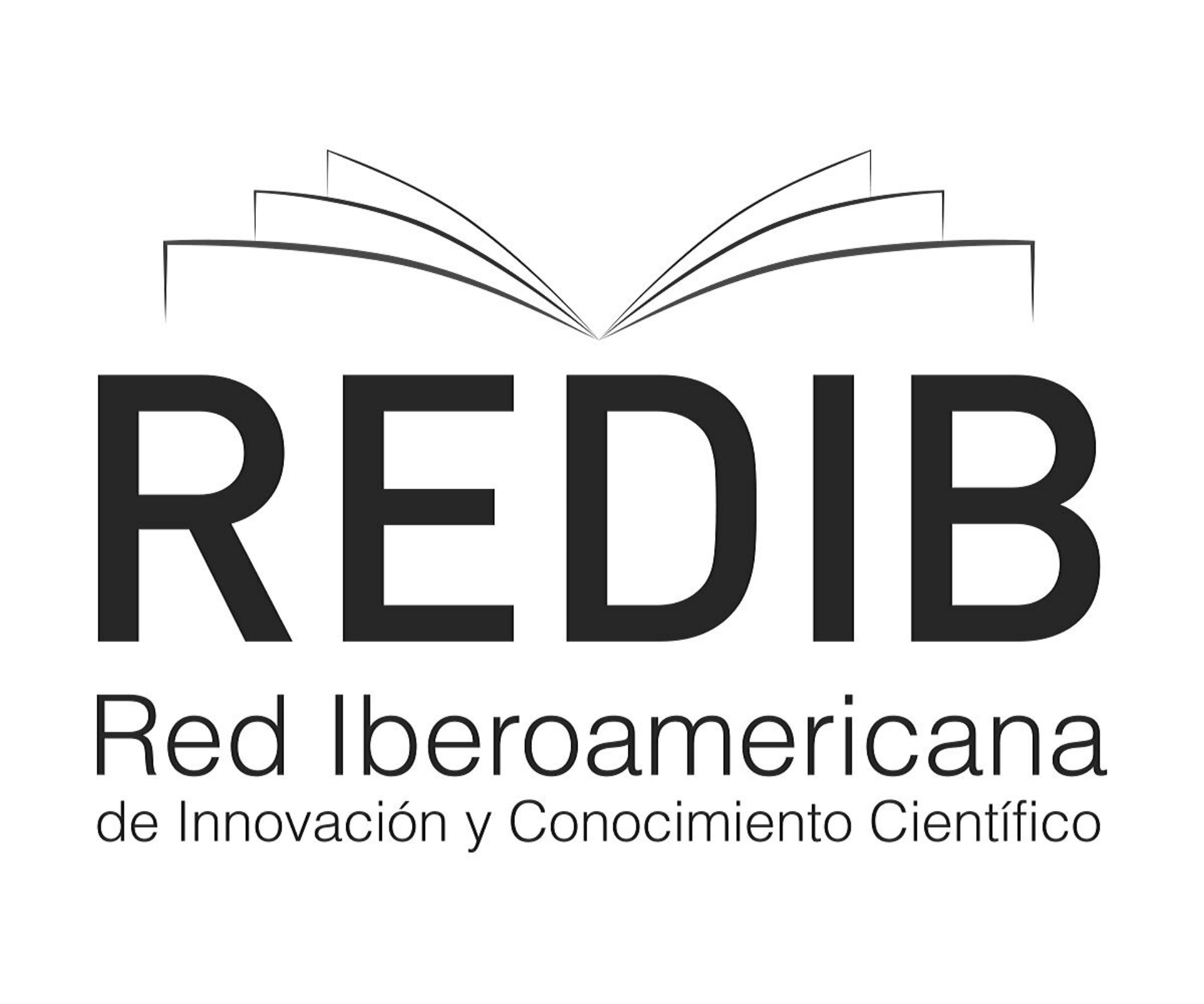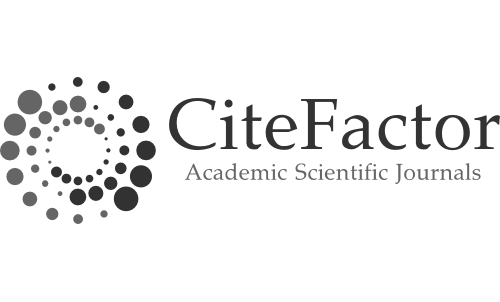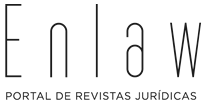Abusive constitutionalism
DOI:
https://doi.org/10.21708/issn2526-9488.v4.n7.p17-71.2020Abstract
This paper identifies an increasingly important phenomenon: the use of mechanisms of constitutional change to erode the democratic order. A rash of recent incidents in a diverse group of countries such as Hungary, Egypt, and Venezuela has shown that the tools of constitutional amendment and replacement can be used by would-be autocrats to undermine democracy with relative ease. Since military coups and other blatant ruptures in the constitutional order have fallen out of favor, actors instead rework the constitutional order with subtle changes in order to make themselves difficult to dislodge and to disable or pack courts and other accountability institutions. The resulting regimes continue to have elections and are not fully authoritarian, but they are significantly less democratic than they were previously. Even worse, the problem of abusive constitutionalism remains largely unresolved, since democratic defense mechanisms in both comparative constitutional law and international law are largely ineffective against it. Some of the mechanisms most relied upon in the literature — such as the German conception of militant democracy and the unconstitutional-constitutional amendments doctrine — are in fact either difficult to deploy against the threat of abusive constitutionalism or easily avoidable by would-be authoritarian actors. This Article suggests ways to reinforce democracy against these threats while acknowledging the extreme difficulty of the task. The phenomenon of abusive constitutionalism should impact the conversation about how the fields of comparative constitutional law and international law might best be leveraged to protect new democracies.
Downloads
Published
Issue
Section
License
Copyright (c) 2020 UFERSA's Law Review

This work is licensed under a Creative Commons Attribution-NonCommercial-NoDerivatives 4.0 International License.
Ao enviarem seus artigos, os autores concordam com os seguintes termos: 1. Cede-se à REJUR, gratuitamente e sem regime de exclusividade, seus direitos autorais; 2. Confere-se à REJUR os direitos de primeira publicação, permitindo-se o livre compartilhamento dos artigos veiculados em formato PDF; 3. Divulgações posteriores em periódicos, livros, obras coletivas ou eventos de qualquer natureza devem fazer referência à REJUR como meio de publicação original; 4. Os autores são responsáveis pelo conteúdo constante de seus textos; 5. o trabalho será licenciado também sob a Licença Creative Commons Atribuição-NãoComercial-SemDerivações 4.0 Internacional.

